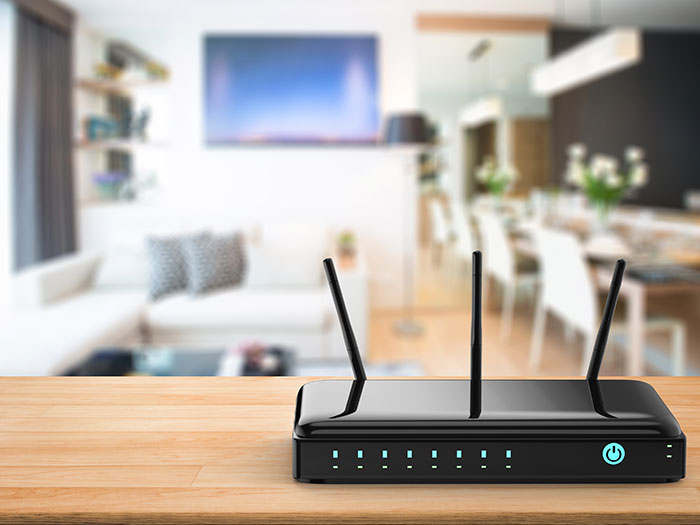Improving Multi-Dwelling Unit Internet Security Via the Tactical Implementation of VPNs
Improving Multi-Dwelling Unit Internet Security Via the Tactical Implementation of VPNs
Blog Article

Within today’s online landscape, guaranteeing the security of internet links is crucial, especially in Multi-Unit Buildings (MDUs) like apartment complexes and condo . Residents in these shared environments often connect to the same connection, which can render them vulnerable to cyber dangers. One efficient way to improve internet security in MDUs is through the tactical implementation of Virtual Private Connections (VPNs). VPNs establish a secure connection over the internet, enabling individuals to safeguard their personal information and maintain confidentiality while online.
A VPN works by coding the information that travels between a user’s gadget and the web. This implies that even if someone tries to intercept the data, they will not be able to read it. For inhabitants in MDUs, using a VPN can significantly diminish the risk of data leaks and illicit entry to personal information. By encrypting their internet data flow, individuals can navigate the web, stream videos, and communicate online without concern about hackers or other malicious actors. This added level of protection is particularly crucial in environments where numerous people utilize the same internet connection.
In protecting personal information, VPNs can also assist tenants reach material that may be restricted in their region. Many broadcasting services and websites limit entry based on location-based area. By employing a VPN, individuals can link to nodes in different countries, allowing them to overcome these restrictions and access a wider variety of internet material. This aspect can be especially attractive to inhabitants who want to great site access international news, entertainment, or learning resources that may not be available in their area.
Implementing VPNs in MDUs can also cultivate a feeling of togetherness and confidence among tenants. When all in a complex employs a VPN, it establishes a more protected setting for exchanging information and resources. Inhabitants can feel more at ease utilizing communal connections for tasks like digital finance or purchasing, realizing that their information is safe. Additionally, building managers can promote the adoption of VPNs as part of their comprehensive security plan, aiding to establish a more secure residential environment for all.
To conclude, the strategic implementation of VPNs in Multi-Dwelling Units is an efficient way to improve internet security for residents. By coding data, providing entry to limited content, and fostering a sense of community, VPNs provide multiple advantages that can improve the digital interaction for everyone. As cyber dangers continue to evolve, it is crucial for inhabitants and building managers to prioritize online security and evaluate the benefits that VPNs can provide. Adopting this solution can lead to a more secure, more integrated living environment for everyone.